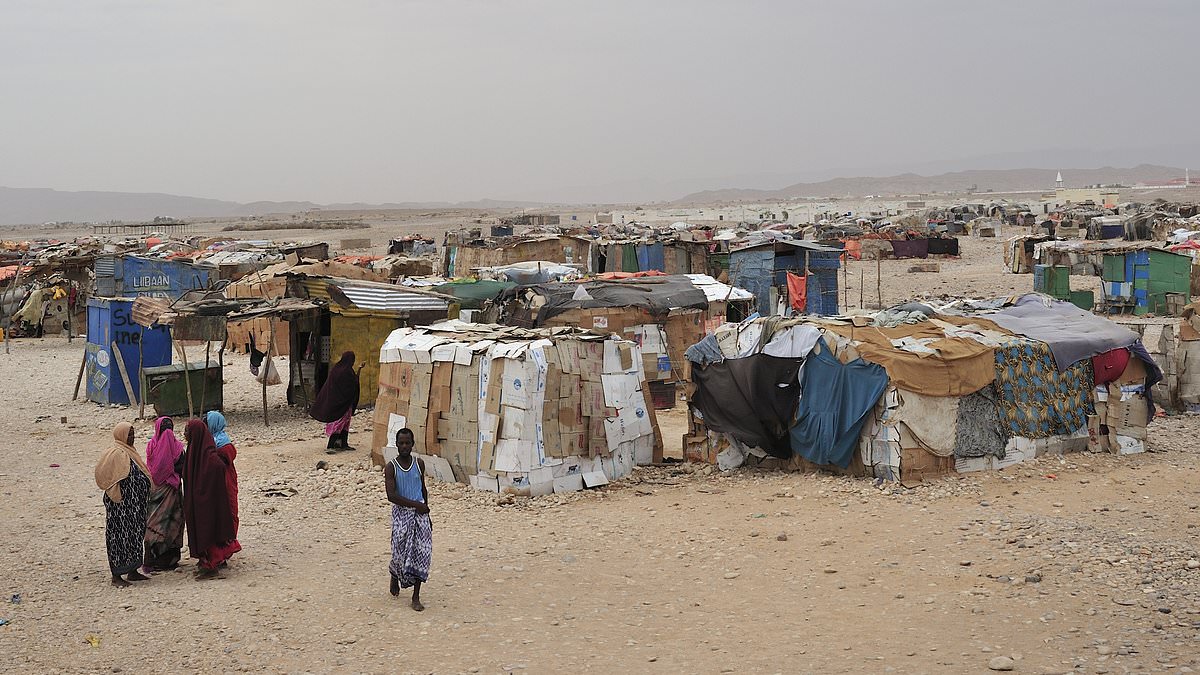Somalia has been rocked by fury after an eight-year-old girl who had been missing for six months was discovered living with a man who claimed to be her husband.
The child vanished from her home in the semi-autonomous Puntland region last September, sparking deep concern among her family.
But shockingly, it later emerged that her own father had consented to her marriage to an adult man named Sheikh Mahmoud.
Last week, security forces stormed Mahmoud’s home after he barricaded himself inside a room with the girl. The dramatic rescue has sparked a national outcry, with social media in uproar and protests erupting in the capital, Mogadishu.
Campaigners have seized on the case to demand urgent action to protect children, as Somalia still lacks a minimum legal age for marriage.
‘What’s more shocking than the tragedy itself are the allegations of abduction and the fact that her family had no knowledge of her whereabouts for months,’ Fadumo Ahmed, chairperson of the Somali Women Vision Organisation told BBC.
The horrifying saga began when a female relative took the girl from her home in Bosaso, claiming she was escorting her to visit an uncle.
But months later, a video surfaced online showing the child reciting the Quran – prompting her family to finally launch a search.
Their efforts led them to Carmo, where they discovered she had been living with Mahmoud.
At first, the man insisted he was only teaching the girl the Quran. But after legal complaints were filed, he admitted he had married her – with her father’s consent.
When questioned by the BBC about his shocking decision, Mahmoud justified it by citing religious traditions, claiming Islamic teachings permitted child marriage.
Despite opposition from Somali Islamic scholars, he remained defiant, refusing to abandon the so-called marriage.
Police and human rights officials intervened on March 25, rescuing the girl and returning her to her family. Authorities have now launched an investigation.
The case has reignited debates about child marriage in Somalia, where it remains widespread.
A 2020 UN report found that 35 per cent of Somali women aged 20 to 24 had been married before turning 18, with the rate previously as high as 45 per cent in 2017.
Poverty, insecurity, and deep-rooted customs continue to fuel the crisis, with many families disregarding a girl’s age when arranging marriages.
Efforts to introduce legal protections have stalled.
A draft child rights bill, proposed in 2023 by Somalia’s Ministry of Women and Human Rights, was blocked by MPs over disputed provisions.
While it is expected to be reintroduced, there is no clear timeline.
